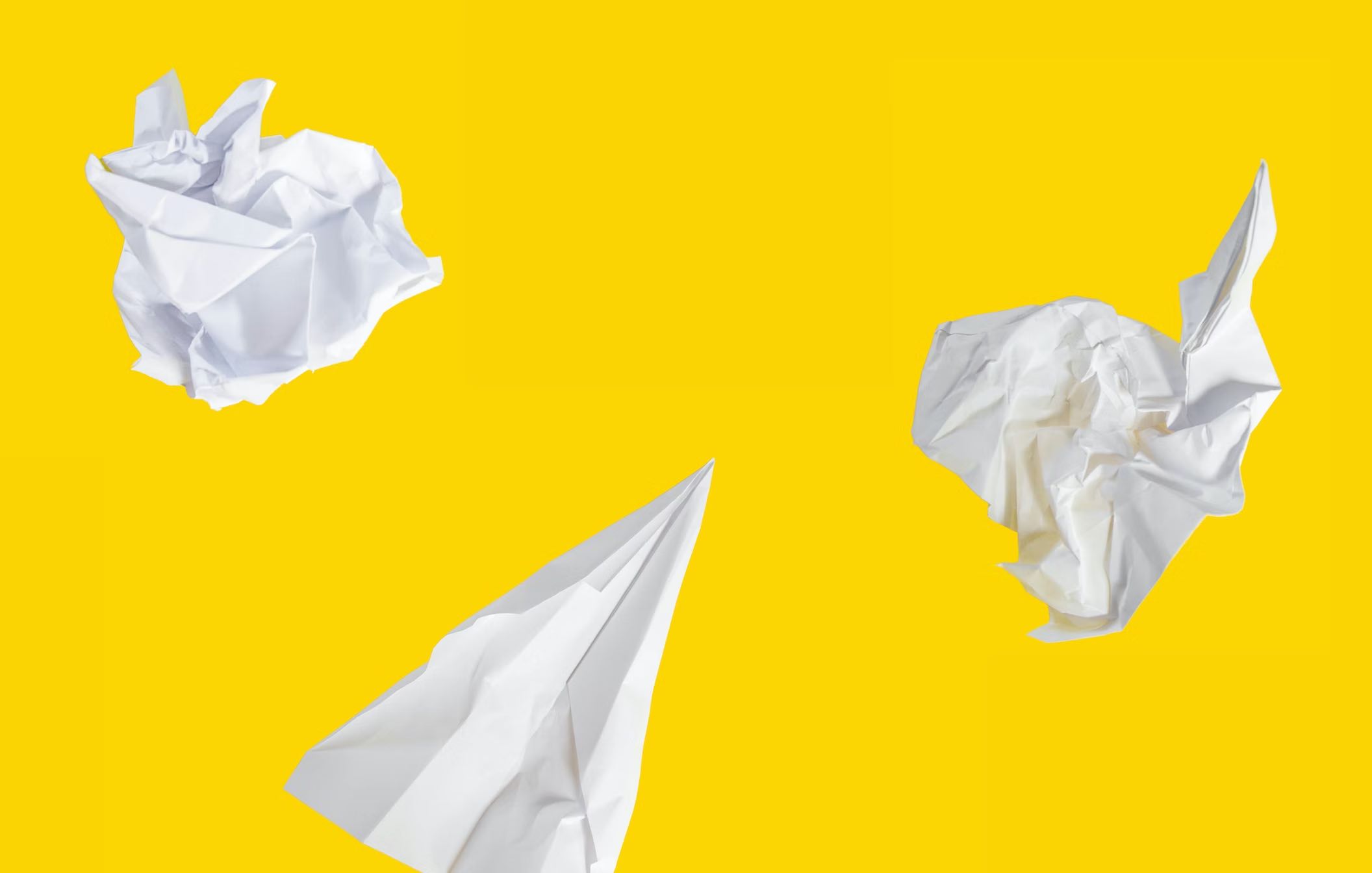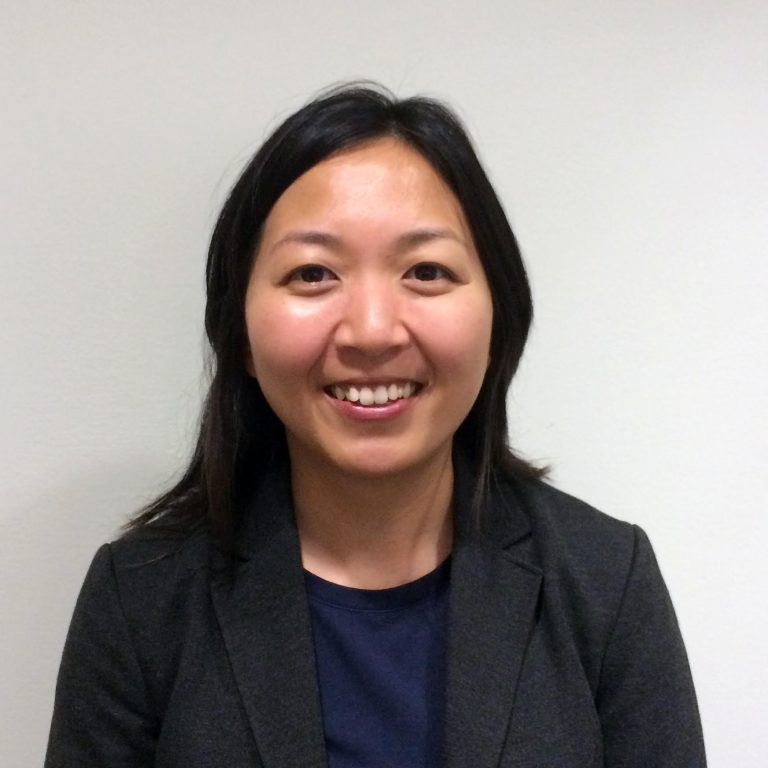Editing is a challenging process that can make us feel wounded and lost. But it's also an opportunity for self-discovery.
This essay is about 1000 words and takes less than 5 minutes to read, yet it took 20,000 words and hours of conversation with Michael Dean and Garrett Kincaid to get here.
Writing and editing this essay has been like navigating a dark forest. I stumbled down faint and meandering trails of thought, hoping to charter a coherent path for others to follow. Perhaps you have felt the same about your difficult essays.
Editing can leave us feeling wounded and lost. A plausible path through the dark forest, the most intricate map you have ever laid out, sits quietly in your Google Docs. You poured your heart into it, and it’s a mess. Comment bubbles sit there, surrounding you like a battalion of little soldiers pointing their rifles at all your flaws. What makes this absurd is that you asked for it. You asked for feedback from your well-intended friends. Which little soldier will shoot the bullet that rips through the flesh of your tender ego?
Or, you may suffer a fate worse than catching a tiny soldier’s bullet. Your friends’ feedback may set you loose in a labyrinth of lifelong hauntings. Not knowing how to proceed with your essay turns into doubt about who you are and what you are about. Your friends find out that you’re a complete fraud, as lost as anyone else who claimed to know the way.
Let’s save ourselves from these sordid fates. As writers, when we edit, we dream of the future — polishing a piece and handing it off to a reader. “Here’s the map of the dark forest, enjoy!” But publishing isn’t the ultimate reward of editing. Though editing makes us feel wounded and lost, it is an opportunity to become more aware of who we truly are. Just like when we sit on a cushion and meditate, editing can be a mystical act toward liberation.
We Identify with Our Words
I know that my ego is messing with me. It’s the worst thing about being a Buddhist and a neuroscientist. I see the mind’s inner workings only in brief glimpses and remain subject to its whims.
According to Buddhist philosophy, we suffer because we latch onto false ideas of our identity, which is our ego in action. We think that we are made up of our physical form (rūpa), feelings (vedanā), perceptions (sañña), mental processes (saṅkhāra), and consciousness (viññāṇa) — collectively known as the five aggregates (khandhas). But that’s not who we are. The Buddha’s core teaching is that the ego has us clinging to these five aggregates, yet they are inconstant and unsubstantial. The ego can never satiate its need for something stable, resulting in our endless dissatisfaction. The ego’s desire for certainty is one of the root causes of human suffering.
As writers, we create false ideas about our identity. The ego messes with us. It causes us to subconsciously associate our words with who we are because they convey our feelings, perceptions, and mental processes.
It’s like teasing a cat with a laser pointer. The cat is certain that the laser beam is prey, and gets stressed out chasing after it. The cat tries its hardest but is never able to dig its claws into the elusive red dot.
The laser pointer is the ego. We are the cat.
The cat is certain that it will capture its prey, just as, when we write, we are certain of who we are. But when we edit, that facade of certainty shows its cracks, and we chase the red dot over and over again as it escapes our grasp. (In fact, animal behaviorists recommend ending each play session by aiming the dot at a real toy, so the cat doesn’t undergo psychological distress from an incomplete prey drive.)
It hurts when an essay doesn’t meet our expectations. We think that if the essay sucks, then we suck. So, we avoid editing to dodge these feelings and to protect the ego.
How We Avoid Pain
Writers are sneaky in the way we avoid pain. We rarely stop writing altogether, but we do stop writing challenging essays that make us squirm and introspect. The ego controls us insidiously by directing our attention towards “near” goals, and blinding us through Ugh Fields.
Visakan Veerasamy, an Internet sage, popularized the term “Ugh Field,” originally coined by Roko / LessWrong:
[Humans] unconsciously flinch from even thinking about a serious personal problem they have. We call it an ‘Ugh Field.’ The Ugh Field forms a self-shadowing blind spot covering an area desperately in need of optimization, imposing huge costs.
Here’s the challenge: An Ugh Field, by definition, cannot be seen by the person under its influence. Maybe you’ve subconsciously avoided the pain of editing by writing shorter pieces. At the end of each week, you might have precisely 20 tweets, 10 atomic essays, and a weekly newsletter queued up. You ship hard and often, like the creator gurus say to do. You drop a wisdom bomb here, a spiky point of view there.
Your poignant, albeit convoluted, essay remains in Google Docs, your editing efforts abandoned. It makes sense — if you’re aiming to build an audience or find your tribe, then writing short pieces at a rapid cadence increases your chances.
The Ugh Field is firmly installed by your ego in “service” of your goals as a writer to help you avoid the pain of editing. Yet in the back of your mind, you know that challenging, poignant essay is still there, waiting for your attention. Avoiding that essay means you may never release it, which would be a bummer. But the real tragedy is that you would lose an opportunity to do meaningful inner-work through the editing process.
The Problem, If You Are Aware of It, Leads To The Solution
The title of this essay is “Why Editing Sucks and What To Do About It,” so you may be expecting some magical life-hacks that will make editing suck less. After all, we have now gone through why editing sucks in great detail, and the lengths we go to justify not doing it. Editing will not suck any less, but there is something you can do about it.
The noun “essay” used to be a verb. It meant to test the quality of, or to assay. You may take this to mean testing the quality of our ideas, which is indeed the case with editing. However, one can extend this meaning beyond conventional goals. We can also use editing to test the quality of our awareness.
Am I aware of how the ego manipulates me and my writing? Like a cat fooled by a laser pointer, we mistake what we write for who we are, making us uncomfortable when the quality doesn’t meet our standards. Ugh Fields help us dodge that pain and have us opting for quick essays that don’t require extensive editing. These cycles of clinging and avoiding prevent us from seeing the ego’s stranglehold on our lives.
Yet the problem leads to the solution. Turning our attention inward and facing the turmoil can, over time, liberate us from the ego.
In 2006, students from Xavier High School wrote letters to their favorite authors. Kurt Vonnegut was one of the kind few who responded. He instructed the class to write a poem and said,
Tear it up into teeny-weeny pieces, and discard them into widely separated trash recepticals [sic]. You will find that you have already been gloriously rewarded for your poem. You have experienced becoming, learned a lot about what’s inside you, and you have made your soul grow.
Editing can feel like ripping up your essay and discarding it into widely separated trash receptacles. Yet, as Vonnegut notes, editing has a glorious reward. We experience becoming and learn what’s inside of us. If we use editing as a way to experience becoming, we reveal the ego’s tricks.
The simple acts of awareness and appreciation dismantle our Ugh Fields and allow us to resume the practice of editing. By working through the process and maintaining awareness, we become a little less lost, and our wounds from the little soldiers start to heal. Some folks, including yourself, may not appreciate the time you spend in your dark forests, but I’m grateful for your efforts. May you persevere through the pains of editing, getting lost in the thickets of your thoughts, and become more aware of who you truly are.
Christin Chong, PhD, is a Cohort 7 alumna, editor, mentor, and the author of “Debug Your Meditation.” Subscribe to her newsletter for reflections on Buddhism and neuroscience.



